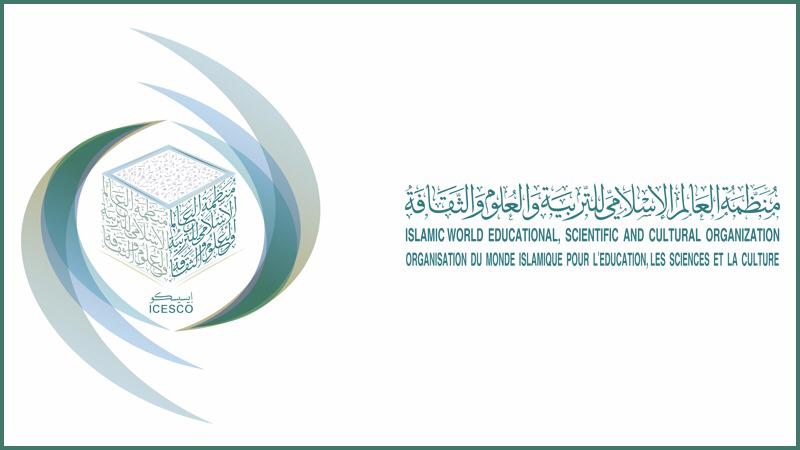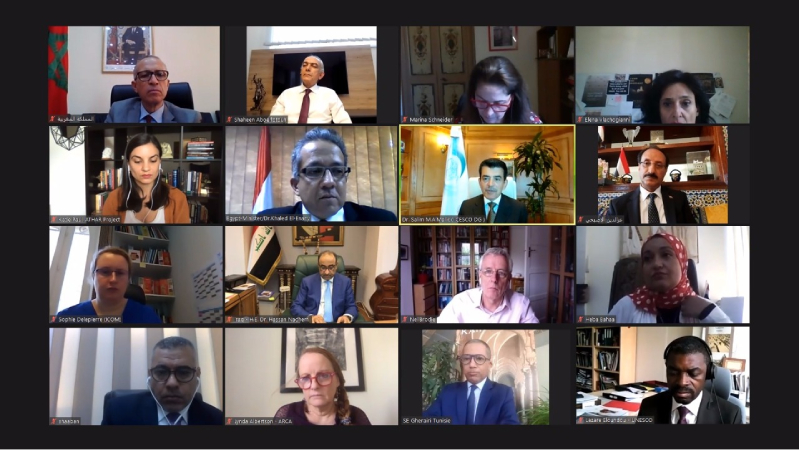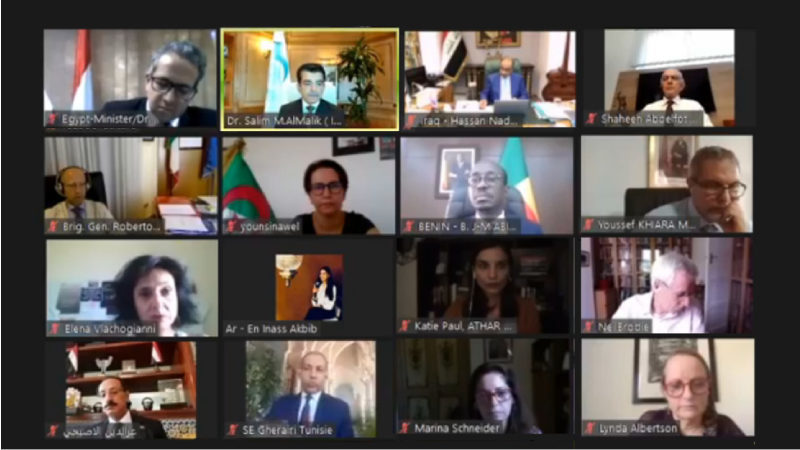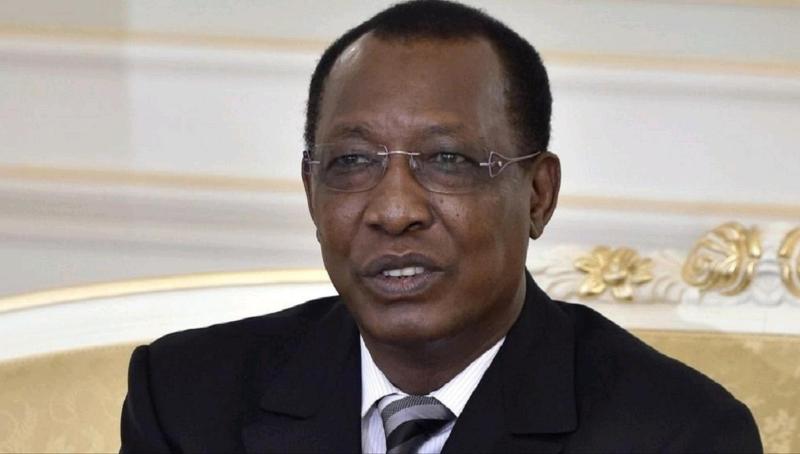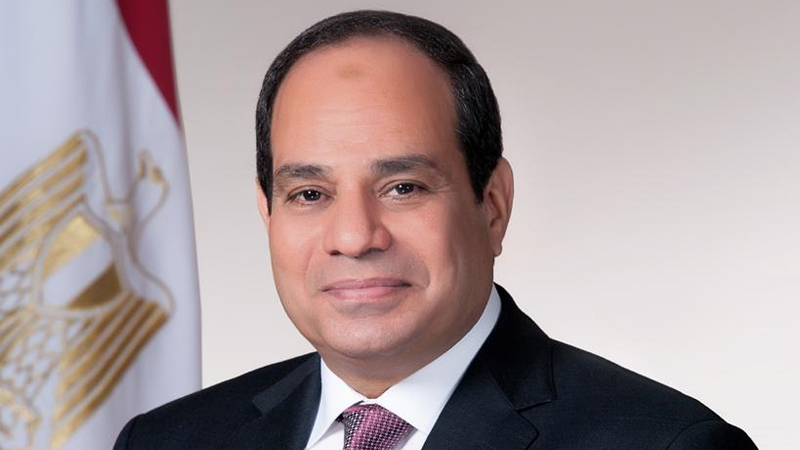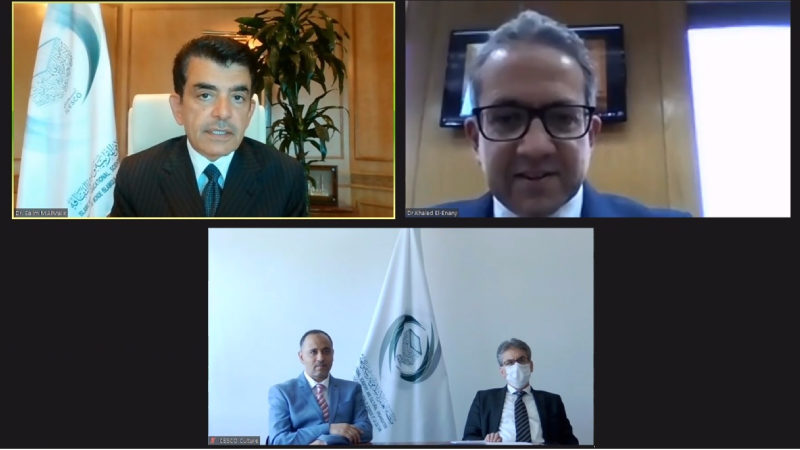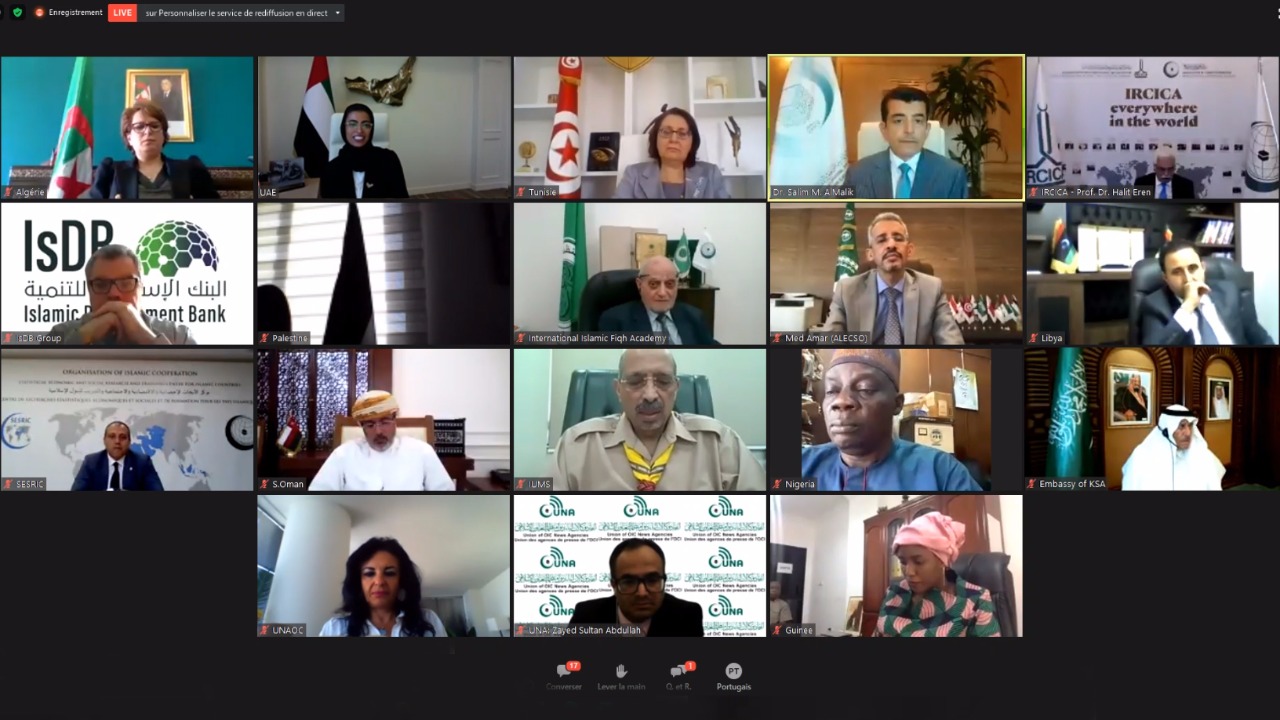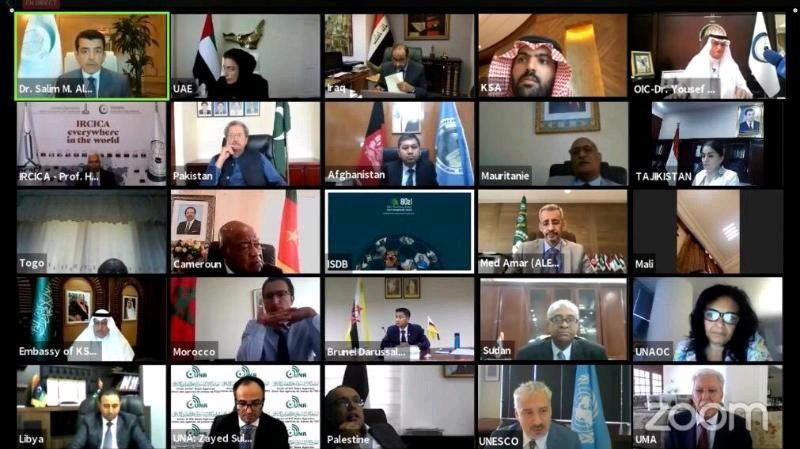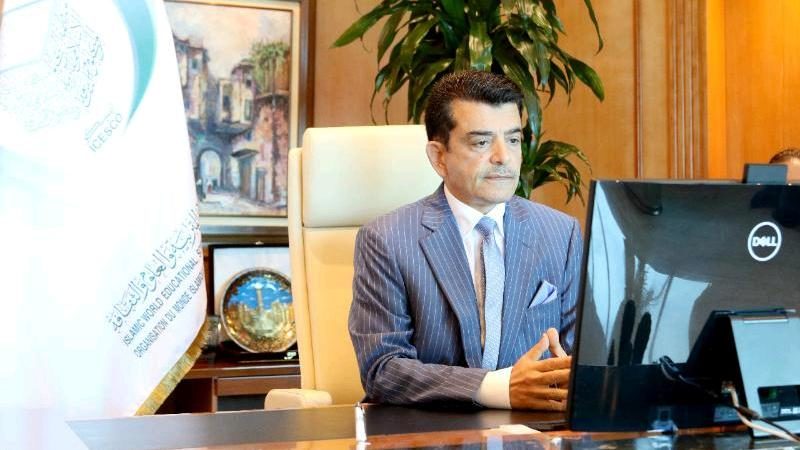The Islamic World Educational, Scientific, and Cultural Organization (ICESCO) is delighted to celebrate the Islamic World Heritage Day and expresses its wishes for this day to be an occasion to consolidate the importance of human heritage in nations’ memories.
The celebration of this day is the culmination of ICESCO’s ardent interest in heritage. The Organization was the one to propose celebrating the Islamic World Heritage Day, which was approved by the 11th Islamic Conference of Culture Ministers, held in Tunis on 17 December 2020.
This day has become an annual opportunity to show the world at large the richness and diversity of the cultural heritage of the Islamic world countries. It is also an opportunity to highlight the remarkable efforts exerted to maintain and preserve this heritage.
The exceptional circumstances of the COVID-19 pandemic forced more than half the world’s population to stay at home and led to the closure of most heritage sites, historic landmarks, and museums for more than six months.
Against this backdrop, ICESCO reiterates its great interest in safeguarding the human cultural heritage, raising awareness of its importance, and sounding the alarm to the risks of its destruction during crises. ICESCO translated this interest into support and assistance to its Member States, and outstanding efforts to publicize, restore, and rehabilitate the Islamic world heritage.
These efforts include launching several initiatives and issuing declarations that aim to safeguard the Islamic world heritage. Chief among these are the initiative to proclaim the year 2019 as the “Islamic World Heritage Year” and “The Islamic Declaration on Safeguarding Human Heritage in the Islamic World”.
Both the initiative and the declaration underlined the importance of integrating the governmental sectors, international and regional organizations, and civil society bodies as a joint front to pool efforts to safeguard the cultural heritage of the Islamic World.
By the end of 2019, ICESCO launched a new strategy that features a more comprehensive and realistic approach to safeguarding heritage in the Islamic world. Concrete outcomes of this new approach consist of the Islamic World Heritage Center’s variety of programs and virtual activities in the field of heritage preservation.
The Center organized several virtual training sessions for professionals working in different heritage fields such as underwater cultural heritage, intangible heritage, and museums. The Center also organized webinars that brought together experts and heritage directors from Member and non-Member States, and representatives of international organizations active in the field of heritage. These activities discussed heritage-related issues and the losses this field endured in light of the current health emergency.
The organization of the International Virtual Conference on Countering Illicit Trafficking of Cultural Property” culminated ICESCO’s heritage efforts.
In light of the current serious and extraordinary circumstances, ICESCO calls on world countries, international and regional organizations, government institutions, and competent parties in charge of heritage to exert more efforts to promote tangible and intangible cultural heritage.
The Organization also urges them to sustain their roles, even after the current crisis, to publicize and maintain this heritage. Stakeholders must employ virtual exhibition mechanisms and AI applications to safeguard heritage and highlight its richness and diversity. They must also take the necessary precautions to reopen heritage sites and raise peoples’ awareness of their significance.
Our heritage is our identity. Let us join efforts to safeguard it.
#OurHeritageOurFuture


